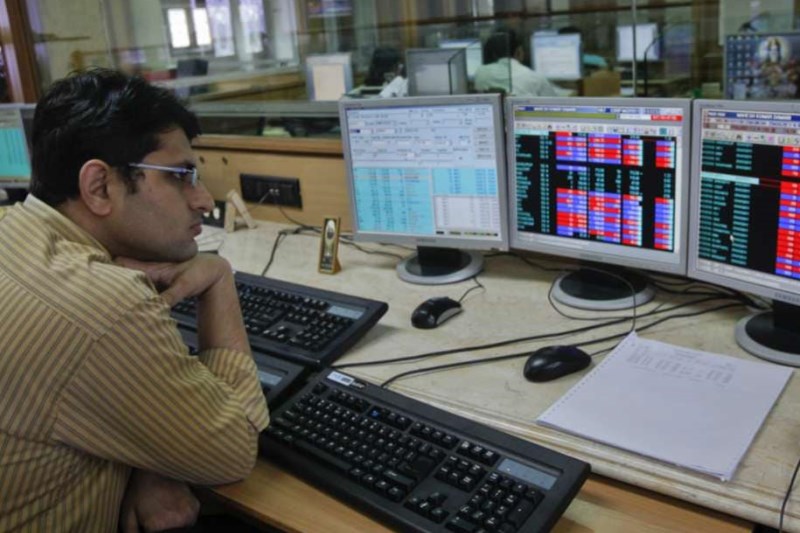Investing.com -- Bank of America (NYSE:BAC) expects India’s Nifty 50 to deliver less than 9% returns in 2025, setting a year-end target of 26,500, adding that the benchmark index may underperform U.S. equities in dollar terms given the elevated valuations and lower earnings growth.
Nifty currently trades at 24,467, reflecting a 12.5% gain so far in 2024.
BofA expects slower earnings growth driven by weaker contributions from commodities, capital expenditure, and credit growth, compounded by slowing economic activity, higher policy rates, and tepid urban consumption.
Uncertainty over U.S. trade, immigration, fiscal, and geopolitical policies could heighten market volatility, brokerage said.
Meanwhile, BofA’s U.S. team projects stable GDP growth at 2.4% for 2025, limited rate cuts, and moderate crude prices, supporting an 11% upside for the S&P 500, potentially overperforming Indian equities.
Indian government capital expenditure is expected to pick up in fiscal 2025 after a lull during election season. However, rising welfare spending, which yields a lower GDP multiplier compared to capex, could strain fiscal flexibility as tax revenues slow.
Potential reforms in GST and income tax simplification offer opportunities, but legislative reforms in areas such as land, labour, and power may face resistance. Delays in reforms could pressure India’s premium valuations.
Despite foreign institutional investor (FII) ownership at decade-low levels, BofA expects muted FII inflows in 2025, attributing this to elevated U.S. bond yields, forecast at 4.25% for the 10-year, and relative underperformance of Indian equities.
Domestic institutional investors (DIIs) provided significant inflows, with $8.6 billion recorded in October 2024. However, this pace is likely to decelerate, exacerbated by robust fundraising activity.
The alignment of FII and DII sector positions could heighten market sensitivity to earnings surprises, increasing downside risks amid weak earnings visibility, BofA said.
The Nifty remains expensive, trading 6% above its long-term valuation bands even after a 7% correction. Market returns are now likely to align closely with earnings growth, the bank concluded.
